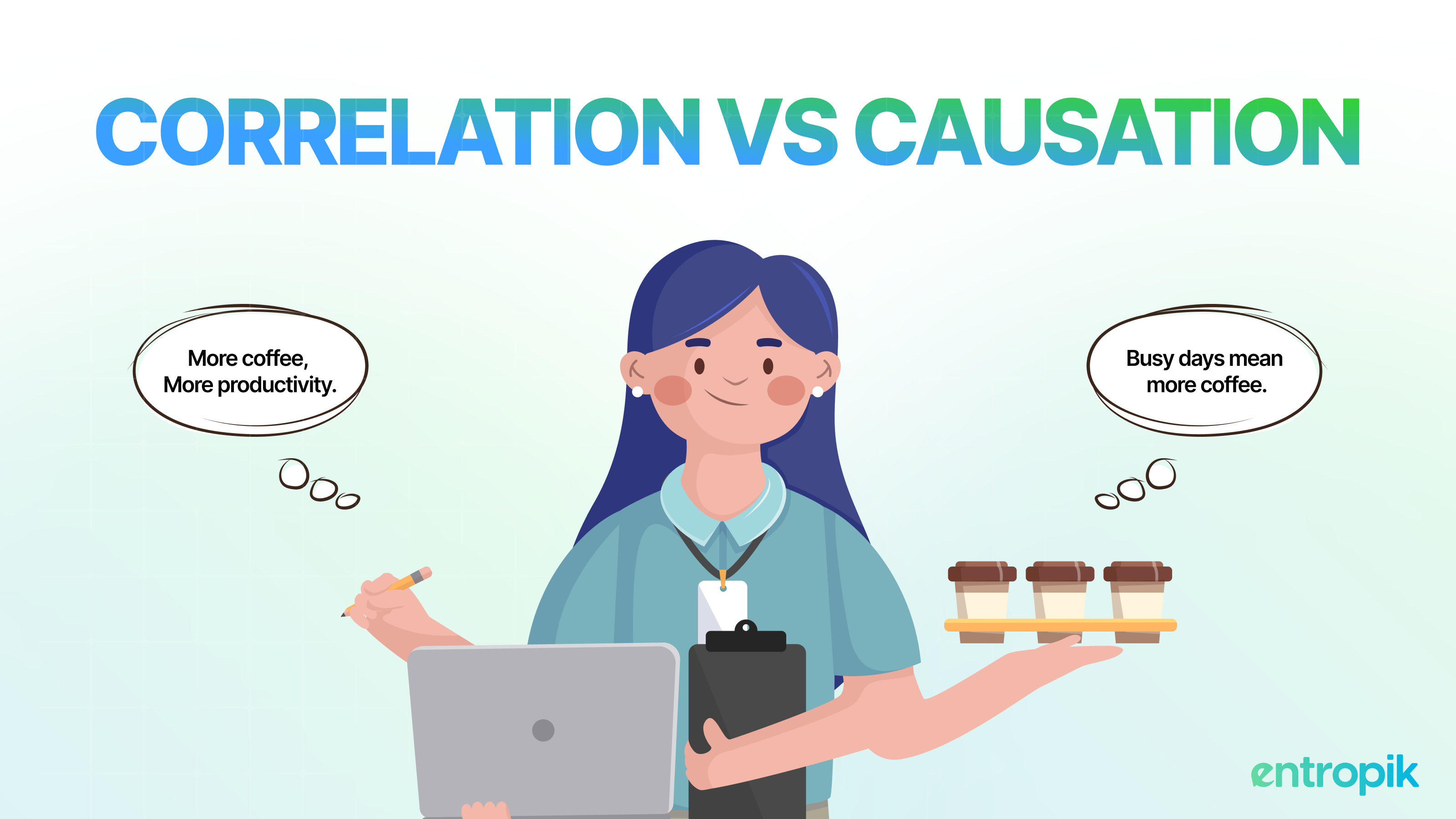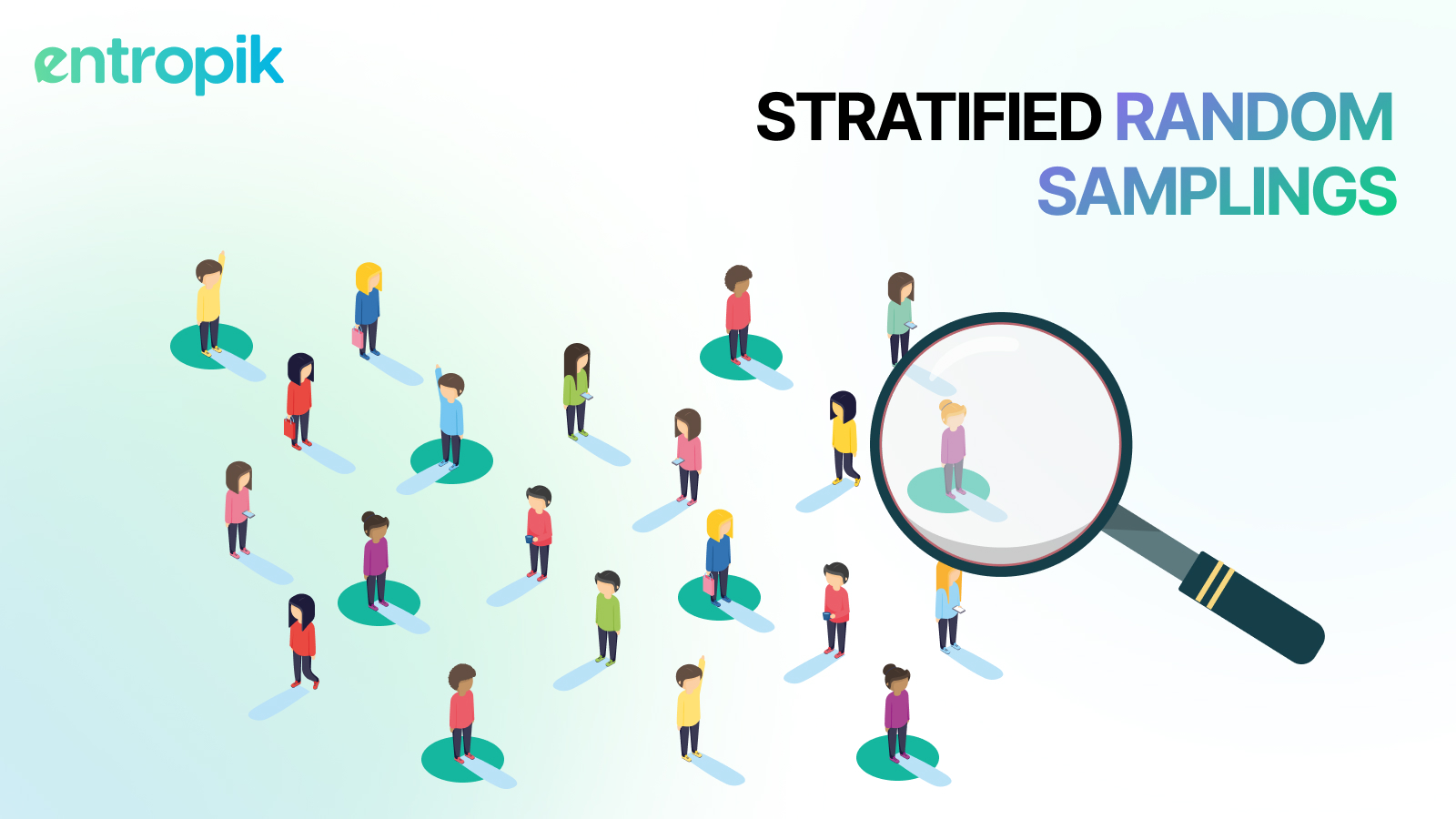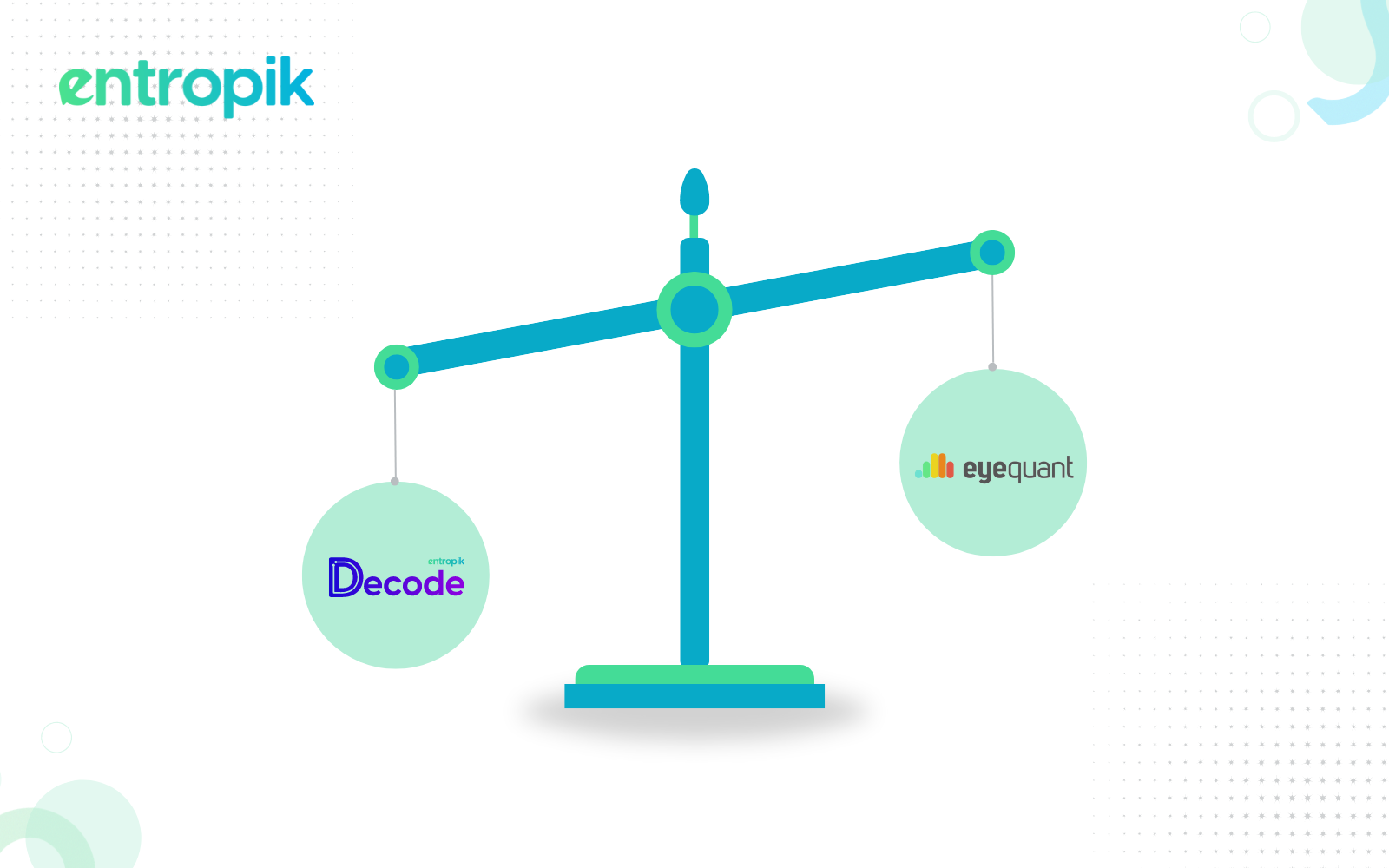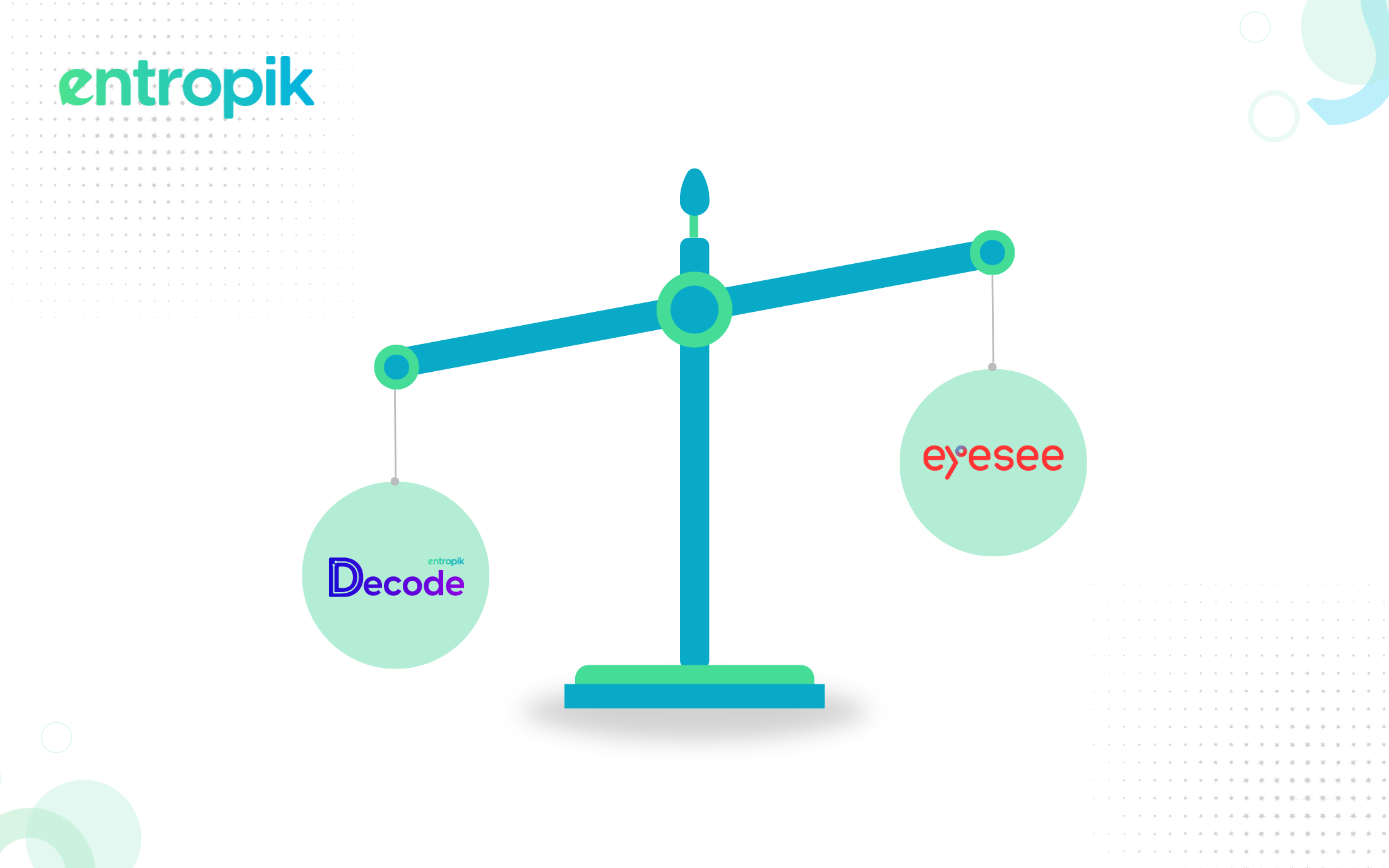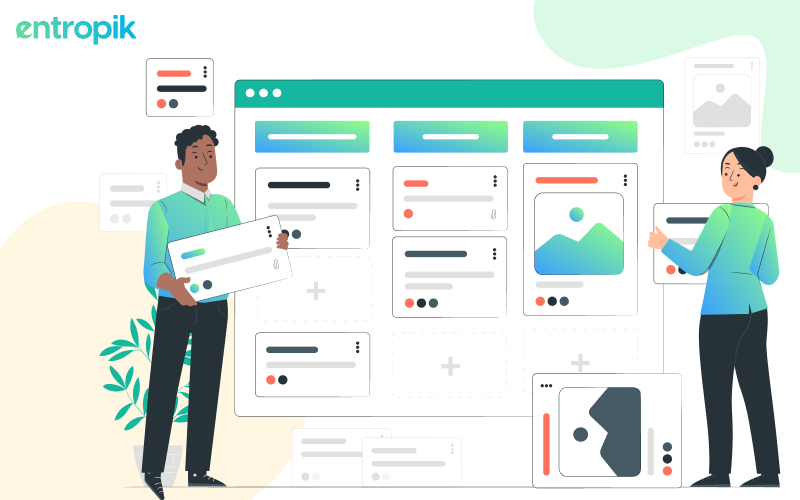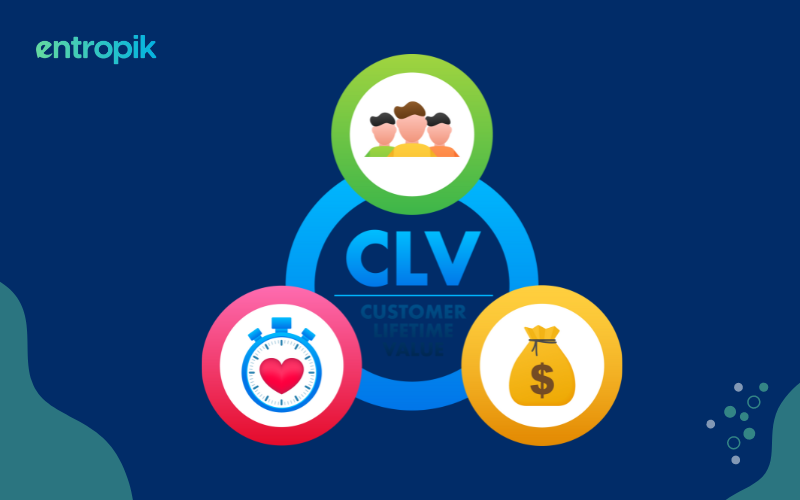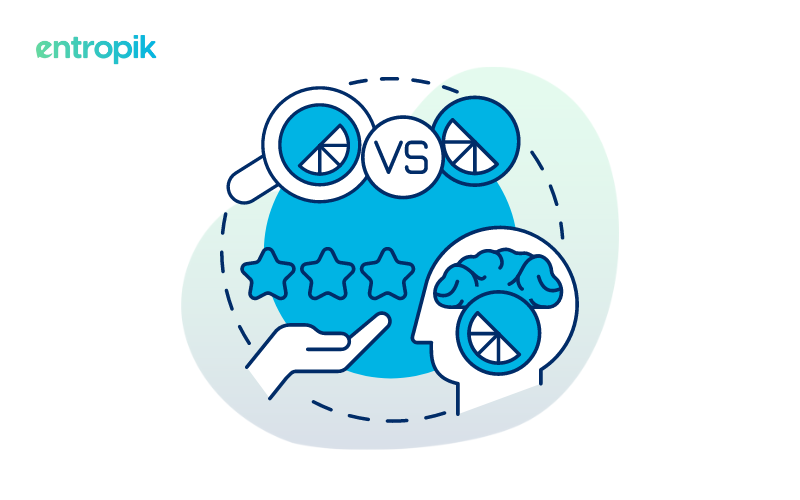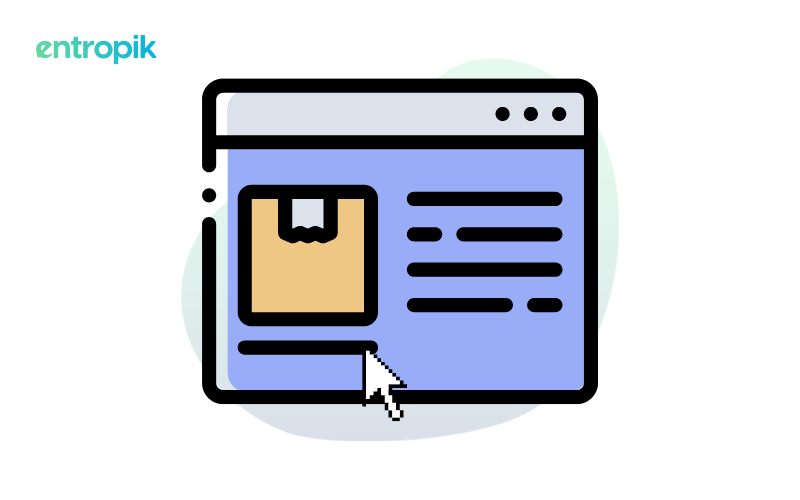Exploratory research comes into play at the beginning of a study or project when trying to understand a topic better. It helps us gather initial information, identify key concepts, and formulate hypotheses or survey questions. Let us understand the concept better.
Imagine that you’re an owner of a skincare business. Before moving forward with the specifics of what products you want to offer your customers and how to market them, you might want to conduct exploratory research initially.
This process could involve talking to potential customers and understanding their point of view on skincare needs and preferences. This research technique also includes studying existing competitors to understand the products available and analyzing trends in the skincare industry. During this exploratory phase, you might find valuable insights, such as a rising preference for natural ingredients or a market gap for affordable organic skincare products. These discoveries would inform your decisions and strategies as you progress with your skincare business venture.
What is Exploratory Research?
Exploratory research involves a systematic approach to understanding a problem that needs to be clearly defined, insufficiently studied, or better understood. Often referred to as grounded theory or interpretive research, this method focuses on extracting insights that can guide further, more focused investigations without necessarily reaching definitive conclusions.
Exploratory research offers valuable insights that aid researchers in forming hypotheses and questions for further understanding their customers. It's essential for researchers conducting exploratory studies to stay open-minded and be ready to adjust their research methods and focus based on new findings.
Some common applications of exploratory research for consumers are:
- Identifying emerging trends or issues in a particular field
- Gaining a deeper understanding of a complex phenomenon
- Formulating new research questions and hypotheses
- Evaluating the feasibility of a larger-scale research project
What Are Some Key Characteristics of Exploratory Research?
Exploratory research possesses distinct characteristics that differentiate it from other research methods. Here are some of the most important characteristics of exploratory research:
1. Unstructured in nature
Exploratory research doesn't stick to strict, set questions or ways of collecting information. Instead, it uses flexible methods like focus groups or in-depth interviews to gather a wide range of info and find new ideas.
2. Focuses on "what" rather than "why"
Exploratory research is different from explanatory research. While explanatory research tries to figure out why things happen, exploratory research focuses on understanding what's happening. It looks at a topic's main parts, features, or experiences.
3. Usually qualitative, but sometimes quantitative
Exploratory research mostly relies on qualitative data such as observations, interviews, and open-ended surveys. Yet, it can also use quantitative data sometimes. For example, big surveys with open-ended questions can serve exploratory goals.
4. Low-cost and interactive
Exploratory research methods are usually affordable. They often involve talking directly with participants, which lets researchers change their methods as they learn new things.
5. Time-consuming at times
While exploratory research is cost-effective, it can be time-consuming as well. Analyzing open-ended data, conducting multiple interviews, and sorting through qualitative information may take longer than working with structured data sets.
6. Lays the groundwork for future research
Exploratory research doesn't aim to give final answers but to lead to more research. It assists researchers in forming questions, finding important factors, and making guesses to be tested in more detailed studies.
{{cta-button}}
What Are The Types of Exploratory Research?
There are various methodologies researchers can use to gather data for exploratory studies. Here's a breakdown of some common approaches:
1. Secondary Research
This includes looking at existing literature, studies, reports, and other data sources to learn about the topic and find possible research questions. It's helpful to grasp the basics before diving into more detailed research.
2. Case Studies
A thorough examination of one person, group, event, or organization related to the research topic. Case studies offer detailed information and insights into the complexities of a situation.
3. Surveys
Exploratory surveys often use open-ended questions to collect participants' experiences, opinions, and thoughts. While these surveys may not represent the entire population statistically, they provide useful initial information and can pinpoint areas for more investigation.
4. Focus Groups
Focus groups involve having a small group of people talk with a moderator to develop ideas, discuss emerging themes, and understand each other's views on the research topic. They allow for interaction and show common experiences among participants.
5. In-depth Interviews
Individual interviews involve having one-on-one conversations with participants to explore their experiences and gather detailed information about their thoughts, emotions, and actions related to the research topic. These interviews allow for asking follow-up questions and getting clear, detailed responses, which helps deepen our understanding of each person's viewpoint.
What Are The Steps to Conduct Exploratory Research?
Exploratory research follows steps to help you move from a general topic to a clearer research focus. Here are the key steps required to conduct exploratory research:
Step 1: Identify the Problem
The starting point is recognizing a general area of interest or a problem that needs investigation. This initial exploration might involve brainstorming or reviewing current trends in your field.
Step 2: Formulate Research Questions
Although exploratory research doesn't rely on fixed questions, creating broad questions to shape your initial exploration is beneficial. These questions should be open-ended, encouraging exploration of different facets of the topic.
Step 3: Design the Methodology
Go ahead with the data collection methods that align with your research questions and the required data type. Exploratory research frequently utilizes qualitative methodologies, although some studies may also integrate quantitative approaches.
Step 4: Gather Data and Analyze Findings
This stage involves collecting data through your chosen methods (interviews, focus groups, surveys, etc.) Exploratory data analysis is iterative, meaning you may refine your research questions and data collection methods based on emerging insights.
Step 5: Develop Avenues for Further Research
Exploratory research seeks to spark ideas and lay the groundwork for more targeted inquiries. Using the insights you've gathered, craft more precise research questions, outline variables, and create hypotheses to be examined in future research endeavors.
{{cta-button}}
What Are the Advantages of Conducting an Exploratory Research?
Exploratory research offers many advantages, especially when solving an undefined problem. Here are some common advantages:
1. Gaining Initial Insights
Exploratory research is a great way to develop a fundamental understanding of a new topic or complex phenomenon. It sheds light on the key elements, characteristics, or experiences surrounding your area of interest.
2. Identifying New Research Questions
By gathering broad information and exploring various aspects of a topic, exploratory research helps refine your research focus and pinpoint specific questions that warrant further investigation.
3. Developing Hypotheses
The data and insights gleaned from exploratory studies can be used to formulate hypotheses to be tested in more conclusive research designs.
4. Flexibility and Adaptability
In contrast to structured research methods, exploratory research offers flexibility. You can adapt your approach and research questions as you uncover new information and angles during the data collection.
5. Relatively Low Cost
Exploratory research methods mostly rely on approaches such as interviews, focus groups, or analyzing existing data, which can be more cost-effective than conducting extensive surveys or experiments.
6. Informs Future Research
Exploratory research is a springboard for more focused studies. It helps you navigate the initial uncertainties, refine your research direction, and design more rigorous studies for in-depth exploration.
7. Uncovering New Trends or Issues
By solving problems that no one touched before, exploratory research can lead to discovering emerging trends or previously unidentified issues that warrant further investigation.
How Decode Can Help You Conduct Exploratory Research?

Decode can be a useful tool for exploratory research in a few ways, especially when gathering and analyzing qualitative data. Exploratory research often involves unstructured data like interview transcripts, open-ended survey responses, or focus group discussions.
Decode, with its AI-powered capabilities, can help analyze this data to identify themes, emerging trends, and key concepts. This can be particularly helpful in the early stages of exploration when you're looking for a general understanding of the topic.















.jpg)



